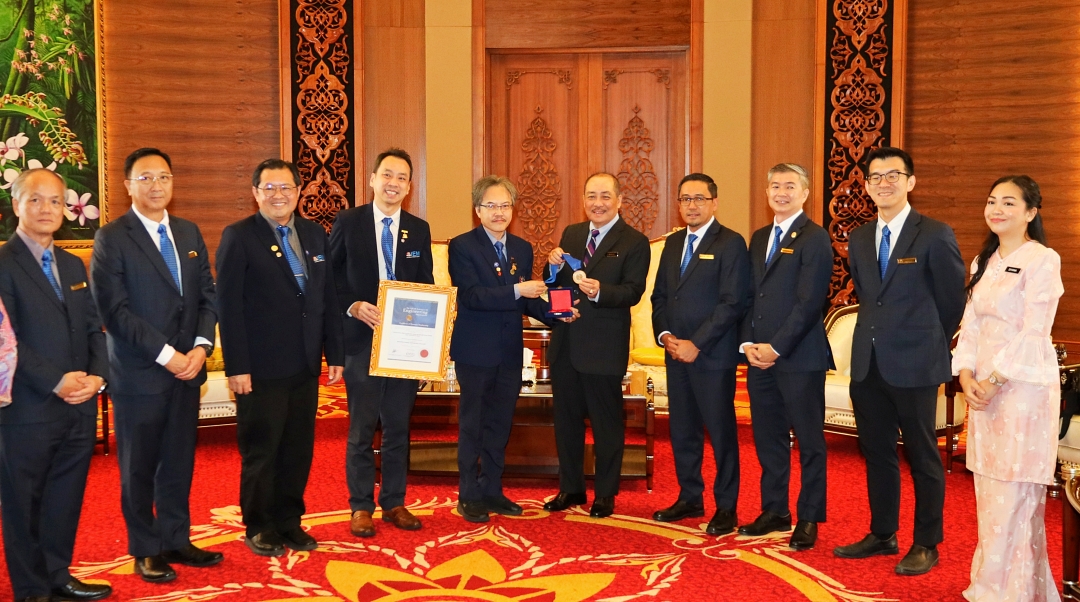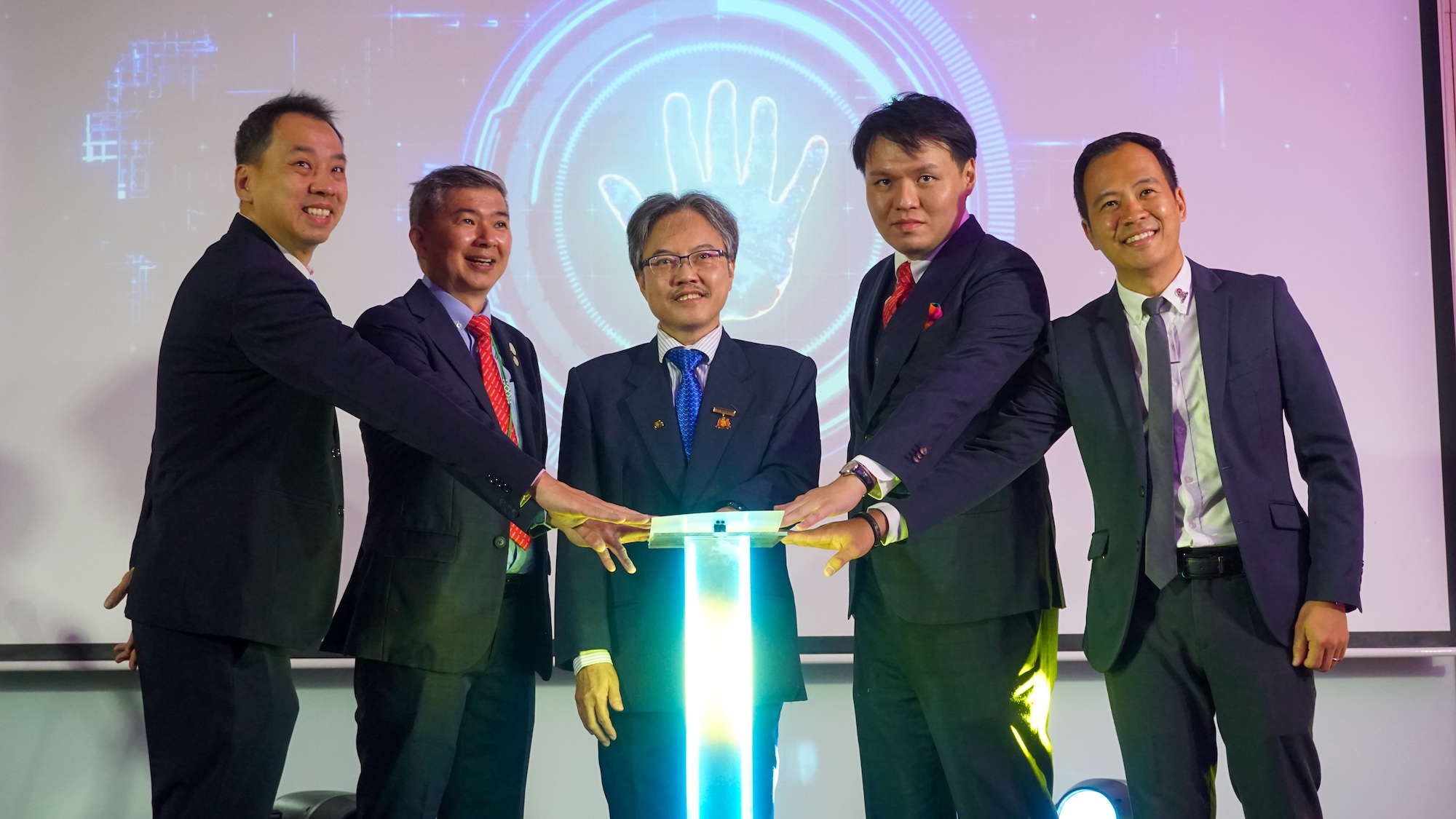World Environment Day, celebrated annually on June 5th, is the United Nations’ principal platform for encouraging worldwide awareness and action for the environment. Established in 1974, it has grown into a global movement engaging millions of people across more than 150 countries. This year, the theme of World Environment Day is – “Our land. Our future. We are #GenerationRestoration.”, focusing on land restoration, desertification and drought resilience.
“According to the UN Convention to Combat Desertification, up to 40 per cent of the planet’s land is degraded, directly affecting half of the world’s population.” emphasizes the urgent need to restore ecosystems and promote sustainable land use practices to combat environmental degradation.
Engineering plays a critical role in developing new solutions for environmental protection by leveraging technical expertise, innovation, and sustainable practices to address pressing ecological challenges. Here are several ways in which engineering is pivotal in environmental protection:
Renewable Energy Systems

Engineers are at the forefront of designing and implementing renewable energy systems, such as solar, wind, hydro, and geothermal power. These systems reduce dependence on fossil fuels, decrease greenhouse gas emissions, and promote sustainable energy use. Innovations in renewable energy technologies have led to more efficient and cost-effective solutions, making green energy more accessible and scalable
Pollution Control and Waste Management
Environmental engineers develop advanced technologies and processes to manage waste and control pollution. This includes designing efficient wastewater treatment plants, air pollution control systems, and solid waste management strategies. These solutions help mitigate the impact of industrial activities on the environment and ensure cleaner air and water for communities .
Sustainable Infrastructure
Civil and structural engineers design sustainable infrastructure that minimizes environmental impact. This includes creating energy-efficient buildings, sustainable urban drainage systems, and green transportation networks. By integrating eco-friendly materials and practices, engineers contribute to reducing the carbon footprint of construction projects and promoting sustainable urban development .

Climate Change Mitigation and Adaptation
Engineers develop and implement technologies to mitigate and adapt to climate change. This includes designing resilient infrastructure that can withstand extreme weather events, developing carbon capture and storage systems, and enhancing energy efficiency in various sectors. These efforts are crucial in reducing the vulnerability of communities to climate-related risks and ensuring sustainable development.
Biodiversity Conservation
Engineering solutions also support biodiversity conservation by developing technologies for habitat restoration, wildlife protection, and sustainable agriculture. Engineers work on projects that restore degraded ecosystems, create wildlife corridors, and develop precision farming techniques that reduce the environmental impact of agriculture while enhancing productivity .

Water Resource Management
Engineers play a vital role in managing and conserving water resources. They design systems for efficient water distribution, desalination, and flood control. By implementing smart water management practices, engineers help ensure the sustainable use of water resources and protect against water scarcity and contamination .
Innovations in Environmental Monitoring
Advancements in engineering have led to the development of sophisticated environmental monitoring tools, such as remote sensing technologies, sensor networks, and data analytics. These tools enable real-time monitoring of environmental parameters, allowing for timely detection of pollution, tracking of ecosystem health, and informed decision-making for environmental management .
Join us at CAFEO 42!
The Conference of the ASEAN Federation of Engineering Organizations (CAFEO 42) highlights the crucial role of engineering in environmental sustainability. Scheduled to be held from October 22-24, 2024, at the Sabah International Convention Center in Kota Kinabalu, Malaysia, CAFEO 42’s theme, “Charting ASEAN Growth with Digital Transformation, Smart Engineering, and Green Solutions,” underscores the importance of innovative engineering solutions in fostering sustainable development across the ASEAN region.
The CAFEO 42 exhibition and conference are expected to attract over 200 exhibitors and 1,500 participants, offering a comprehensive view of the latest advancements in engineering and technology. Attendees will have the opportunity to explore innovative products and services, participate in interactive sessions, and engage with industry leaders and experts.
In conclusion, as we celebrate World Environment Day, it is crucial to recognize the significant contributions of the engineering community in advancing environmental sustainability.
CAFEO 42 represents a unique opportunity for engineers, industry stakeholders, and policymakers to come together and drive transformative change. We invite everyone to register for this impactful event and join us in shaping a sustainable future for the ASEAN region and beyond.



